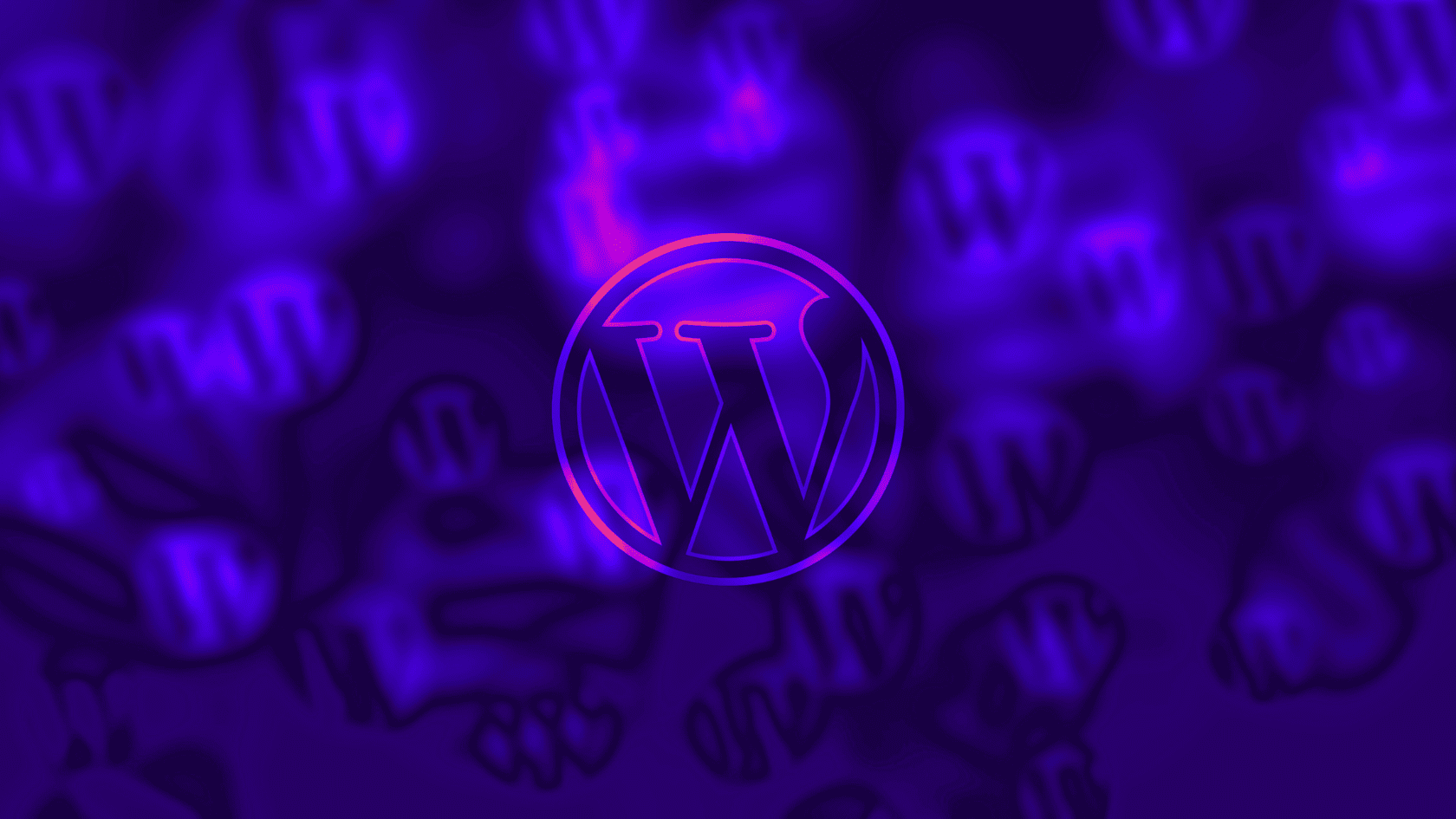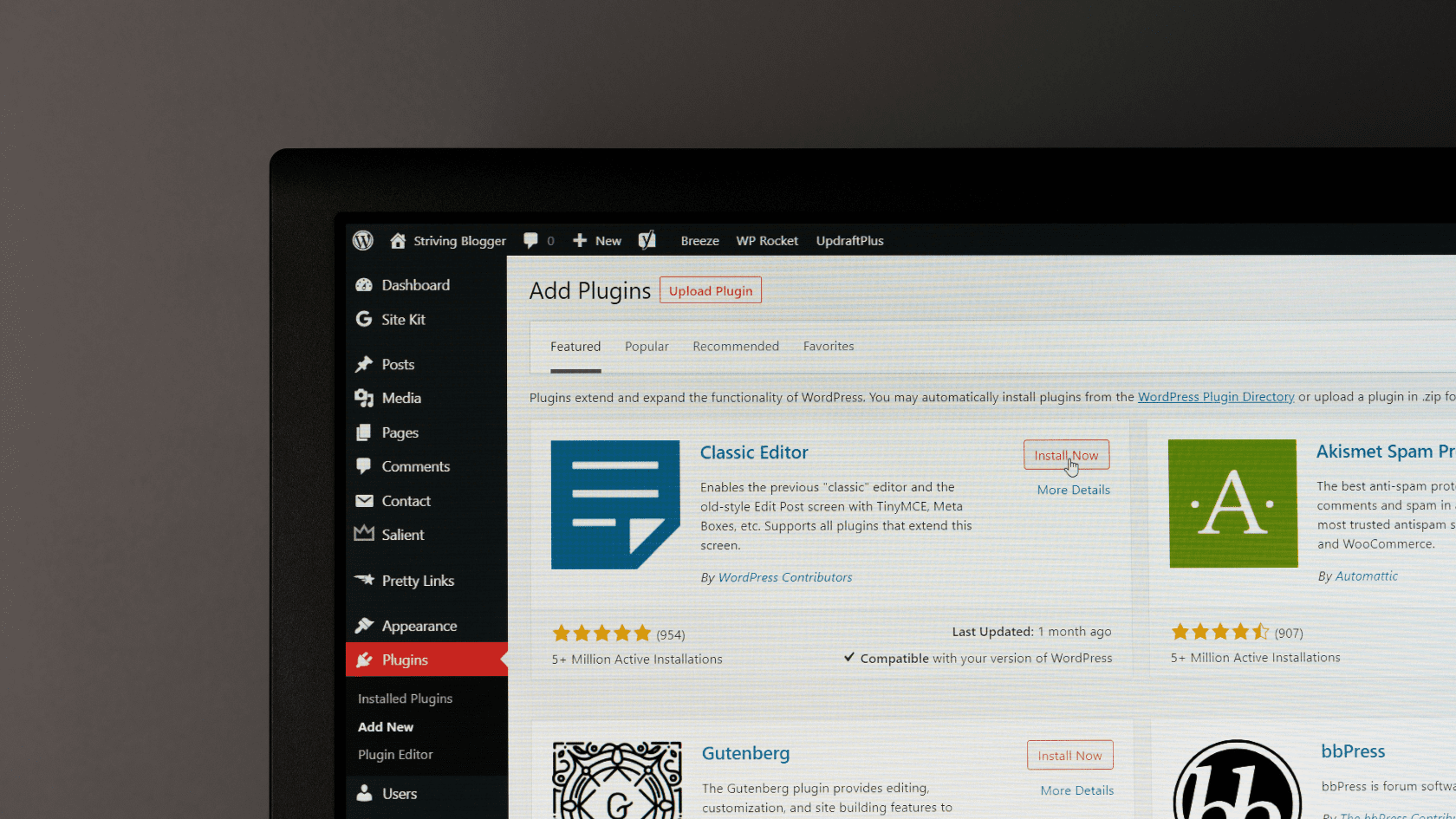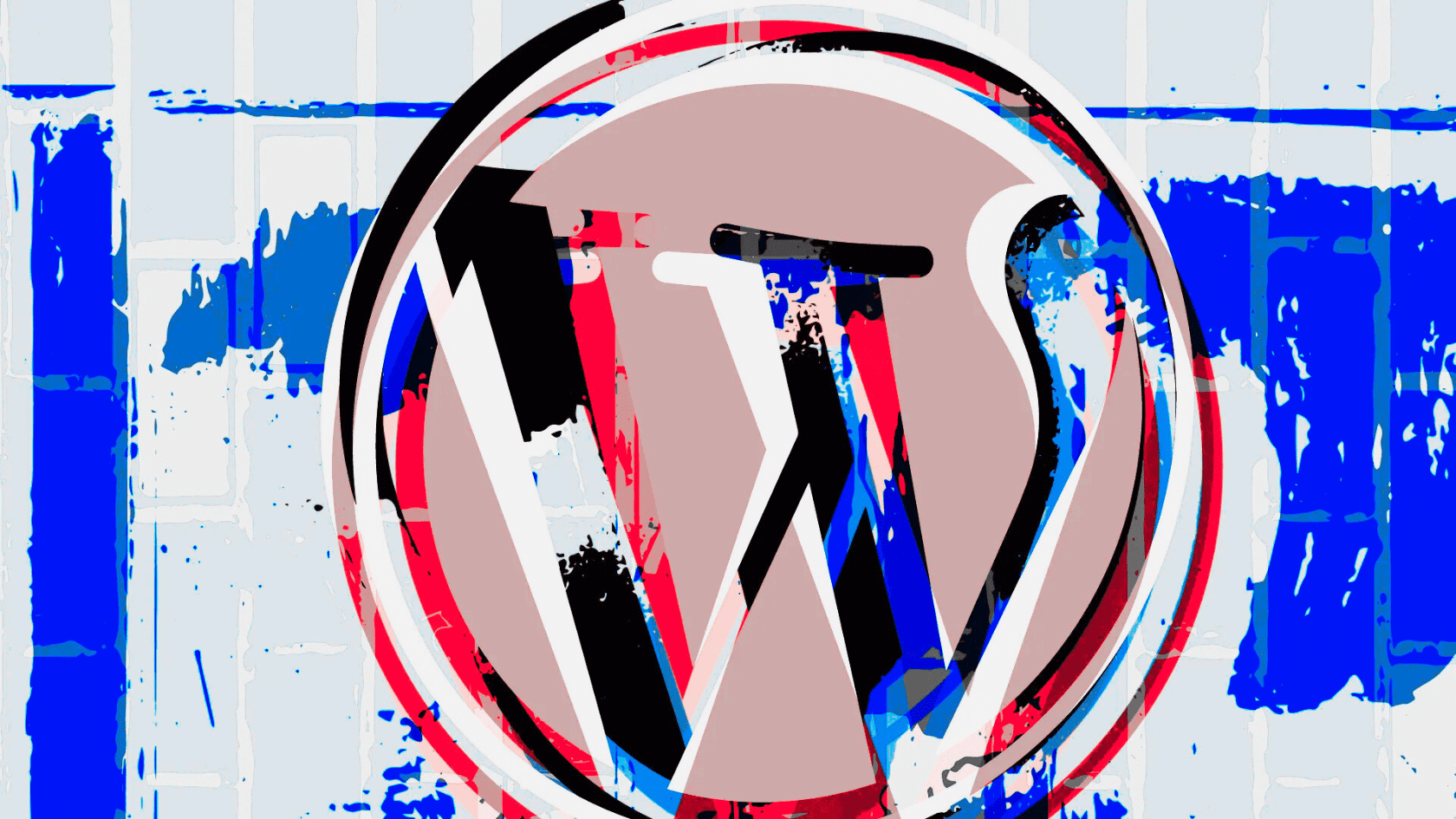The web development community is currently experiencing a WP Engine vs WordPress battle. WP Engine is a leading managed WordPress hosting provider, and Automattic is the company behind WordPress.com and the open-source WordPress platform. This ongoing situation has raised concerns about the WordPress ecosystem’s control, governance, and future of open-source platforms.
Here, we’ll will delve into the events leading up to this conflict, the key developments, and the potential impact on the broader WordPress community.
The Origins of the Conflict
What began as a business disagreement has now turned into an all-out WP Engine vs WordPress battle with the statement WP Engine is not WordPress.
As reported by The Verge, Automattic’s initial demand for a share of WP Engine’s revenue sparked the dispute. Automattic argues that WP Engine’s business success depends heavily on using the WordPress open-source platform, which Automattic helps maintain. From Automattic’s perspective, WP Engine should contribute more than just code or resources and share its profits. However, WP Engine contests that it has already made significant contributions to the WordPress ecosystem and is not obligated to share its revenue.

WP Engine Banned from WordPress.org
The WP Engine vs WordPress conflict intensified in late September 2024 when WP Engine was banned from the WordPress.org plugin and theme repositories. This was announced in a series of posts on WordPress.org. Automattic’s decision to ban WP Engine means that WP Engine’s plugins and themes are no longer accessible through WordPress.org, cutting off a significant distribution channel for the hosting provider.
Automattic justified the ban, stating that WP Engine violated community guidelines by refusing to comply with new rules around financial contributions and revenue sharing from businesses built on the WordPress platform. Automattic also noted that WP Engine’s business practices were not in line with the values of the open-source community, specifically highlighting the imbalance between WP Engine’s profits and its contributions back to the project.
In response, WP Engine denied these allegations, arguing that the new rules were introduced without proper consultation or community involvement. WP Engine’s CEO released a public statement calling the ban “unjust” and claiming that Automattic was using its influence to dominate the ecosystem.
Matt Mullenweg, CEO of Automattic, has misused his control of WordPress to interfere with WP Engine customers’ access to https://t.co/ZpKb9q4jPh, asserting that he did so because WP Engine filed litigation against https://t.co/erlNmkIol2. This simply is not true. Our Cease &…
— WP Engine (@wpengine) September 26, 2024
Automattic’s Secure Custom Fields: A Strategic Move?
The dispute between WordPress founder Matt Mullenweg and hosting provider WP Engine continues, with announcing that WordPress is “forking” a plug-in ACF developed by WP Engine. In the midst of a conflict, Automattic introduced a new feature called Secure Custom Fields to bolster the security of custom fields used on WordPress sites. This update was announced on October 11th, 2024, and has been presented as a security enhancement. However, some speculate that it is part of Automattic’s broader strategy to regain control over the WordPress platform.
The timing of this release has raised concerns, with some industry insiders suggesting that Automattic may be attempting to restrict the capabilities of hosting providers like WP Engine. These providers often develop custom integrations and offer features based on WordPress’s flexibility. By tightening security and introducing more official features, Automattic could be aiming to create a more apparent distinction between WordPress.org’s core offerings and the surrounding ecosystem.
The Broader Implications
This WP Engine vs WordPress showdown has far-reaching implications. WP Engine, one of the largest and most well-known managed WordPress hosting providers, has built a thriving business catering to high-performance WordPress sites. Automattic’s decision to demand revenue sharing and enforce new rules has already led to tensions with other companies in the ecosystem. If Automattic’s approach prevails, it could set a precedent for how other third-party businesses profiting from open-source platforms might be asked to contribute, potentially reshaping the entire WordPress community.
Additionally, WP Engine’s ban from WordPress.org creates a ripple effect. Many plugin and theme developers use WP Engine’s services to host their products and websites. These developers might now be forced to rethink their hosting choices, which could impact WP Engine’s customer base and revenue. This could also lead to a shift in the plugin and theme landscape, potentially affecting the variety and quality of offerings available to WordPress users.
For the broader WordPress community, this highlights the delicate balance between open-source values and corporate interests.
While justified from a contribution standpoint, Automattic’s stance also raises concerns about the consolidation of power within the WordPress ecosystem. Many fear such moves could stifle innovation, as smaller players may be discouraged from contributing if they feel Automattic holds too much control over the project, potentially leading to a loss of diversity and creativity within the community.

What This Means for Users
The immediate impact might not be significant for WordPress users, including individual bloggers, small businesses, and enterprise clients. However, the long-term consequences could be substantial. If Automattic continues to push for greater control over the ecosystem, users may find themselves dealing with a more restrictive WordPress environment.
Hosting providers like WP Engine, which offers tailored and premium services, could encounter increasing challenges that ultimately affect the service options available to users.
Furthermore, this situation raises questions about how open-source platforms should handle corporate involvement. Should companies like WP Engine be obligated to share profits with the open-source platforms? Or should their contributions to the community be considered sufficient?
This debate is likely to impact WordPress and the broader open-source ecosystem, as other projects may closely observe how this conflict is resolved.
A Defining Moment for WordPress
The WP Engine vs Automattic saga represents more than just a revenue dispute. It is a defining moment for the future of WordPress.
As this WP Engine vs WordPress battle unfolds, it could reshape the dynamics between WordPress hosting providers, plugin developers, and Automattic itself.
The outcome of this conflict will have lasting consequences for the WordPress community. Whether Automattic’s stance sets a new standard for corporate contributions to open-source projects or whether WP Engine can maintain its position as an independent player will be key to the future of WordPress. For now, all eyes are on how this situation develops, as it could be a pivotal moment for one of the web’s most used web development platforms.

What Can WordPress Users Do If They Are Worried?
For WordPress users who rely on WP Engine for hosting or have concerns about how this conflict might impact their websites, there are several steps to consider:
Stay Informed
Keep a close eye on updates from both WP Engine and Automattic. As this situation unfolds, official statements from both sides will provide important information about potential changes to services or features. Users should subscribe to WP Engine’s blog and Automattic’s WordPress.org announcements to stay ahead of any developments. Additionally, following reputable tech news sources and participating in relevant online communities can provide a broader perspective on the issue.
Review Your Hosting Options
Users might consider evaluating alternative hosting providers if the conflict leads to significant disruptions. While WP Engine remains one of the top providers for WordPress hosting, other well-regarded hosting companies like SiteGround and Kinsta offer managed WordPress hosting services. It may be worth exploring backup options if you’re concerned about long-term stability.
Backup Your Site Regularly
Regardless of how this WP Engine vs WordPress conflict evolves, maintaining regular backups of your WordPress site is a best practice. Many plugins, like UpdraftPlus or Jetpack Backup, allow users to schedule automatic backups. This ensures that you can quickly restore your site in the event of any disruption to your hosting provider.
Evaluate Plugins and Themes
Since WP Engine’s plugins and themes have been removed from the WordPress.org repository, users who rely on them may need to consider alternatives. Review your current plugin and theme setup to see if any WP Engine-specific features are in use, and research potential replacements that can provide similar functionality.
Consult with Your Developer or Hosting Provider
If you work with a developer or agency, now might be a good time to consult them about the situation. They can offer advice on safeguarding your site by diversifying your plugin usage, optimising security, or planning for any potential changes in hosting services.
Consider the Impact of Custom Fields Security
With Automattic’s recent release of Secure Custom Fields, users should review their site’s use of custom fields, mainly if they rely on advanced integrations or custom workflows. While this update is positioned as a security improvement, it could lead to compatibility issues for some sites. It’s worth testing any custom functionality to ensure it remains intact after updates.
Be Prepared for Possible Changes in Service
While it’s uncertain how this conflict will end, users should be prepared for possible changes in WP Engine’s services. If Automattic continues to tighten its control, users may see shifts in the pricing structure or available features. Keeping an open line of communication with WP Engine and monitoring their service updates is essential.
For WordPress users, the WP Engine vs WordPress saga might feel unsettling. Still, by taking proactive steps, you can mitigate potential risks to your site. Whether it’s staying informed, backing up your site, or considering alternative hosting options, there are several ways to ensure you remain protected as this situation develops.

WP Engine vs WordPress and Beyond
The WP Engine vs WordPress dispute goes beyond business. It’s a pivotal moment that could reshape the relationship between WordPress and the companies thriving on its open-source platform. The outcome may change how the entire ecosystem operates, affecting hosting providers, theme developers, and everyday users.
Although the immediate impact on users may be minimal, the long-term consequences could influence the future of the WordPress platform and its associated services. Staying informed and taking proactive steps, such as reviewing hosting options, backing up sites, and preparing for potential changes, will be crucial for users during this uncertain period.
As this WP Engine vs WordPress situation unfolds, businesses may need to reconsider their reliance on third-party platforms and consider custom-developed solutions. Tom Edwards, founder of Bit Quirky Consulting, suggests that the future of web development may involve companies seeking more control and flexibility beyond platforms like WordPress.
Businesses aiming for complete ownership of their digital presence might explore custom-developed sites and solutions that are less dependent on any platform, offering a more tailored and future-proof approach.
This conflict serves as a wake-up call for those heavily reliant on managed services. As control over the WordPress ecosystem becomes more restricted, companies and individuals may turn to custom solutions to avoid being entangled in corporate battles.


